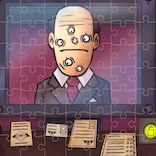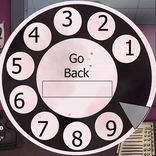I Didn’t Cheat is a decision-based logic game where players must unravel confusing scenarios, prove their innocence, and spot contradictions. The gameplay is built around short but intense challenges that require critical thinking, pattern recognition, and fast responses to unexpected situations. Each level feels like an investigation that forces you to question everything, especially your own assumptions.
Decide Fast, Prove Smart
The core mechanic in I Didn’t Cheat revolves around player choices. You’re constantly placed in uncomfortable or suspicious situations, where you must quickly decide how to react. Did you take the blame? Did you find the loophole? The game challenges your ability to stay sharp under pressure and tests how well you can justify your actions — or lack thereof. With each scenario escalating in complexity, the tension builds as you work to clear your name or shift attention elsewhere.
- Time-Sensitive Decisions: Many prompts require you to react within seconds, making hesitation a risk and rewarding quick, strategic judgment.
- Multiple Outcomes: Levels aren’t linear. Different choices open new branches, unlock secret paths, or end your run prematurely.
- Minimal Clues: You often work with limited context, and part of the game’s tension lies in choosing the lesser evil or the most convincing story.
Suspicion Systems and Level Design
Every level in I Didn’t Cheat introduces a new theme of suspicion — from rigged exams to social betrayals or misleading traps. The game uses suspicion meters, shifting accusations, and unpredictable logic puzzles to heighten the challenge. You’re not just trying to win; you’re trying to convince everyone you’re innocent. Even when you technically broke a rule, it’s about proving it wasn’t your fault.
- Accusation Chains: Players must sometimes deflect blame or present evidence in the correct order to survive interrogation scenes.
- Red Herrings: Many levels introduce misleading options or “safe” answers that ultimately lead to failure, keeping players on edge.
- Adaptive Scenarios: Some levels remember your past decisions, creating persistent consequences that impact later gameplay.
Who’s Really Guilty?
Part of the appeal of I Didn’t Cheat is the layered narrative. Even as you pass levels, doubts linger. Did you actually play fair? Or did you just lie better than the others? These psychological elements add depth and replay value, as players return to try different approaches and uncover hidden endings. It’s a game where outcomes depend as much on timing as they do on truth.
I Didn’t Cheat keeps players in a constant mental tug-of-war between justification and guilt. With branching choices, shifting logic, and levels that question your honesty, this game creates a unique space where every decision feels personal. Whether you’re proving your innocence or just dodging the truth, each moment is a test of your reasoning under pressure.

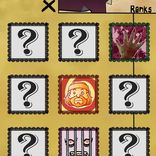
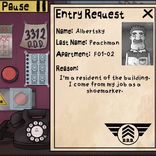



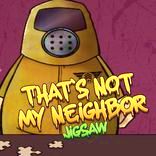

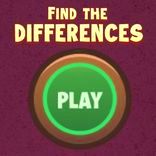




 Fullscreen
Fullscreen